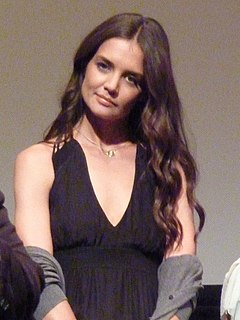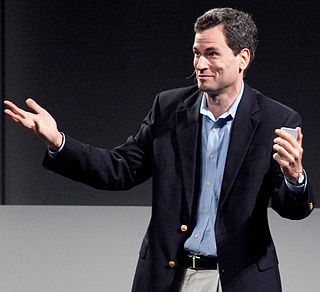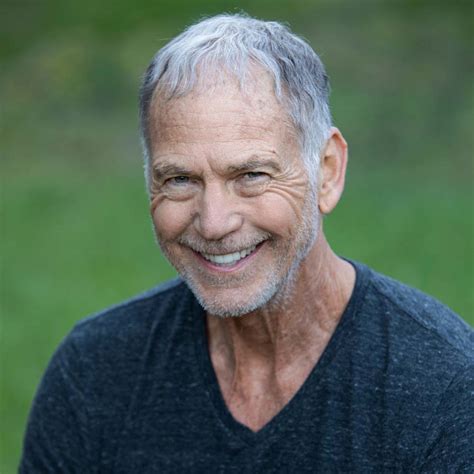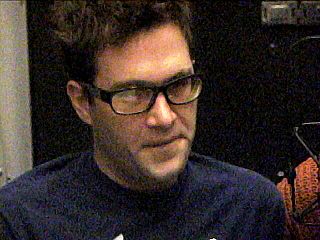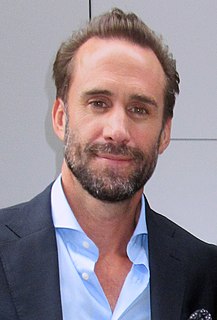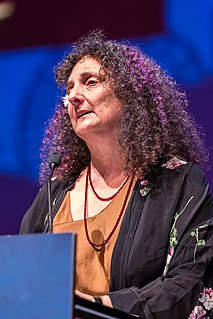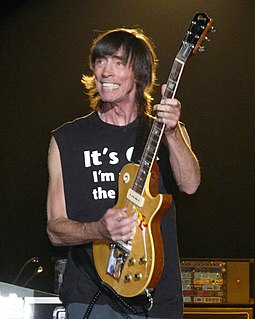Top 1200 Editing Software Quotes & Sayings - Page 20
Explore popular Editing Software quotes.
Last updated on April 17, 2025.
'How do you balance the creative with the biblical?' One could pick up the scripture and read it to oneself and you would be communing directly with that information. As soon as you go into film, as soon as there's a camera, and there's an angle, and there's lighting, and there's editing, you're into the adaptation.

